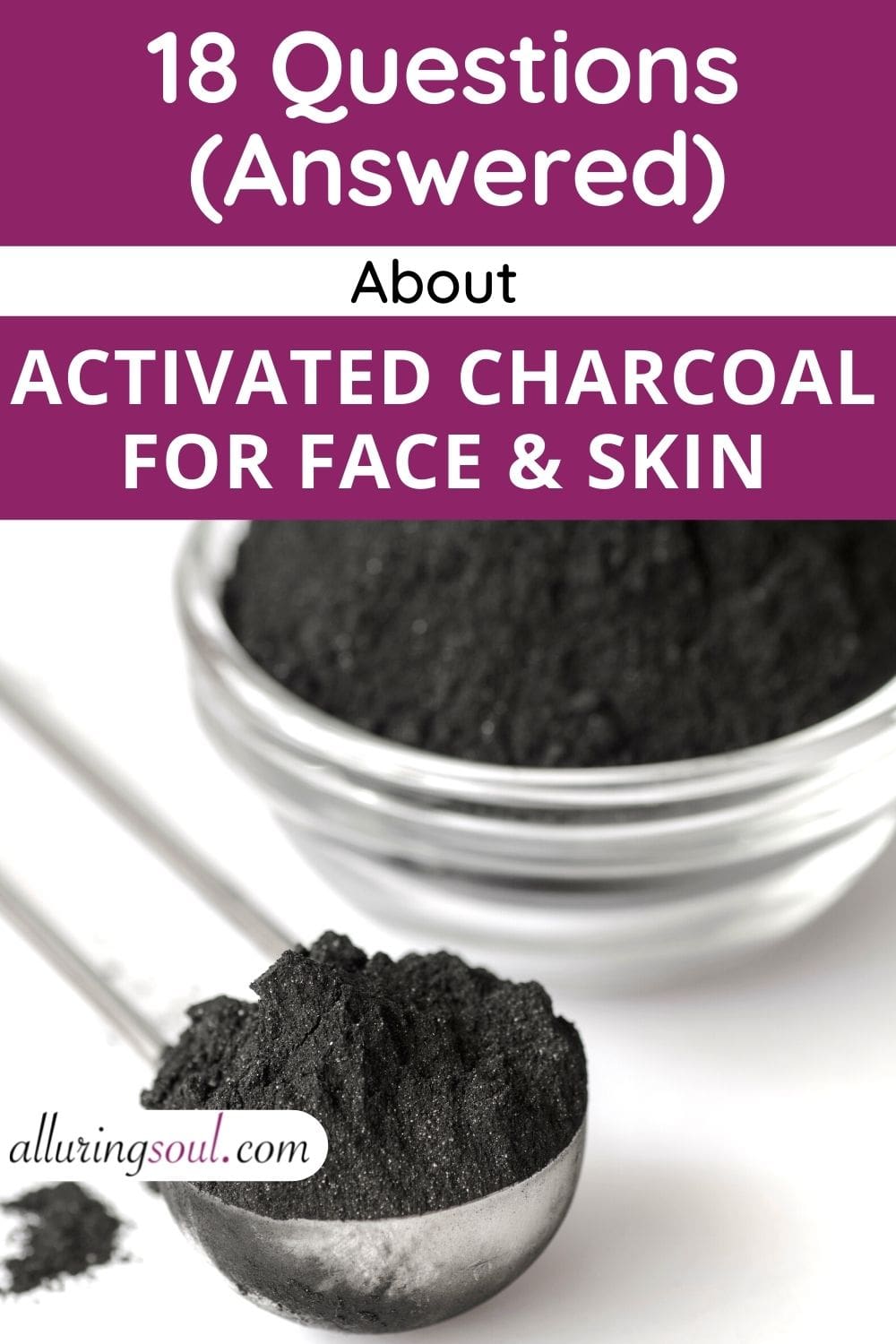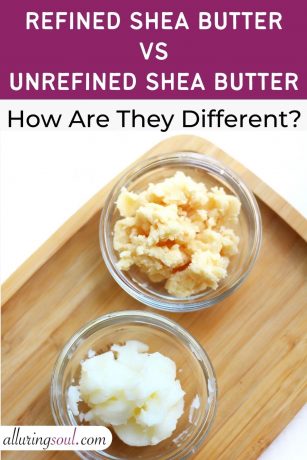Activated charcoal has become one of the most-used ingredients in the beauty and skincare industry.
From homemade charcoal masks to charcoal-infused skincare products, its usage seems to be endless.
And if you are wondering how it is created, this odorless black powder is made when common charcoal is exposed to high heat. It also results in the formation of tiny holes in the ingredient, making it highly absorbent to remove toxins from our body.
Below are the most common questions one might have about activated charcoal when used on the face or skin.
Table of Contents
1. Is activated charcoal good for exfoliating?
Yes, Activated charcoal has incredible exfoliating properties. When used as a scrub, it pulls out the dirt particles, excess oil, and dead skin cells like a magnet from your face.
It works like a wonder when you need deep exfoliation. The gritty texture of the charcoal makes it such a good exfoliator.
It deeply cleanses the pores and leaves you with clear and softer skin. (source)
For DIY charcoal scrub, simply mix the charcoal powder with water to make a dense paste and apply it to your face.
2. Is activated charcoal good for oily acne-prone skin?
Yes, Activated charcoal works best for people with oily and acne-prone skin.
It keeps the oil production of the face under control as it traps the excess oil and sebum stuck within our pores and pulls it to the surface for it to get washed out. In this way, it also stops the production of new acne from forming.
Apply a charcoal mask generously on your entire face, especially the T-zone, and find a matte and shine-free face after washing out.
3. Does activated charcoal mask shrink pores?
Activate charcoal does not shrink the pore size but makes them look smaller than before.
Activated charcoal, being a toxin magnet, clears all the dirt and gunk from the congested pores thus making them smaller.
4. Can activated charcoal remove blackheads?
Yes, Activated charcoal is one of the best blackhead banishers. Thanks to the amazing absorbent powers of the charcoal, it pulls out the stubborn blackheads to the surface.
Moreover, it also prevents future blackheads from rising. Blackhead often happens when impurities like dirt and bacteria clog pores. A charcoal peel-off mask unclogs the pores and removes all the dirt and bacteria.
5. Does activated charcoal brighten the skin?
Yes, activated charcoal makes the skin look brighter and smoother by effectively removing dirt, pollutants, excess oil, and lifting blackheads, and tightening pores.
6. How often should you apply a charcoal mask?
It’s best to apply a charcoal mask once a week, but if you have very oily skin, you can extend it to twice a week as well. Using it more than that can dry your skin.
7. Does a charcoal peel-off mask remove facial hair?
Yes, a charcoal peel-off mask does remove facial hair.
When applying a charcoal peel-off mask, it effectively sticks to the fine facial hair. And while taking it off, it also uproots those facial hairs along with it.
This is also the reason why it slightly stings when you pull the mask off of your face. However, this happens for all the peel-off masks available in the market.
8. How to make a charcoal mask at home?
You can make your charcoal mask at home with simple ingredients.
First, take out a mixing bowl and put in it the following ingredients
· 2 tsp. water
· 1 tsp bentonite clay
· 1 tsp. activated charcoal powder
· ½ tsp. raw honey
· 1 drop of essential oil (optional)
Keep the mixture on your face for about 15 minutes, and then wash your face with lukewarm water.
9. What are the side effects of charcoal?
Although there’s not much scientific research on the side effects when using activated charcoal on the face, the anecdotal evidence indicates that they are safe to use.
Also, they don’t cause any allergic or irritating reactions.
However, if you do see allergic symptoms like redness, burning or itching, it’s best to keep away charcoal-based products from your face.
Do a patch test on a small part of your skin if you are using it for the first time.
Furthermore, do keep in mind not to over-use it as then it can dry the skin.
10. Is activated charcoal good for dry skin?
For people with dry skin, activated charcoal can be a bit drying when applied on its own. Apart from the dirt and pollutants, it extracts out the excess oil from the skin.
So to make sure they don’t pull out the essential oils, too, use activated charcoal with hydrating agents like olive oil and Jojoba oil.
11. Is activated charcoal good for sensitive skin?
Sensitive skin people need to be cautious when using activated charcoal. If overused, it can cause redness or dryness. Otherwise, it won’t irritate sensitive skin and will be effective for various sensitive skin conditions due to its antibacterial properties.
12. Does activated charcoal remove dark spots?
Activated charcoal does not remove dark spots but helps in lightening them.
Due to its excellent exfoliating qualities, the granular texture slough away the dead skin cells present on top of the dark spots revealing new skin underneath.
13. Does activated charcoal remove blackheads?
Yes, activated charcoal helps to remove blackheads.
Charcoal effectively unclogs the pores on our skin by pulling out all the excess oil, dirt, and toxins stuck on it. Hence, the stubborn blackheads that lie inside the pores get pulled away from the skin, revealing much smoother skin.
14. Does activated charcoal remove dark circles?
Activated charcoal can reduce the appearance of dark circles under the eyes to some extent. Since charcoal has the ability to radiant skin, when used with hydrating ingredients, it can lessen the look of dark under eyes.
15. Can activated charcoal remove hyperpigmentation?
Activated charcoal has the potential to reduce hyperpigmentation that causes dark marks to appear on our skin.
Due to its anti-inflammatory properties, it helps to keep the skin tone even; thus, reducing the marks of hyperpigmentation.
16. Can activated charcoal lighten skin?
Activated charcoal does a fantastic job of brightening up our skin, giving the look of lightening skin.
Oftentimes, the skin is chock-full of dirt, excess sebum, toxins, and other environmental pollutants, making the skin dull and subsiding the natural complexion of our skin. But when activated charcoal gets rid of all these, the brighter and radiant complexion of the skin comes out.
17. Can activated charcoal help with eczema?
Activated charcoal is known to treat inflammatory skin conditions such as eczema. Thanks to its anti-bacterial and anti-inflammatory properties, charcoal is capable of healing the inflammation caused by this condition.
However, it’s best to consult your dermatologist before applying it to such serious skin issues.
18. Does activated charcoal expire?
An amazing feature of activated charcoal is that they don’t have any expiry date. It keeps the molecular structure intact and hence will retain its absorption qualities.
However, you must keep it under an airtight container and in a dry, hygienic place.
If it gets exposed to the environment, it will absorb the pollutants, making it not suitable to use on skin anymore.





No Comments